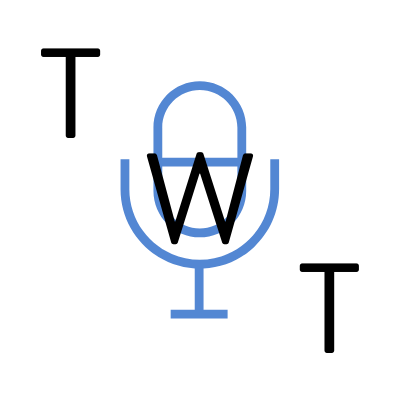Episode 148: Erin Sheldon & Karen Erickson: Why Literacy Matters for People with Significant Disabilities -Part I
This week, TWT presents part 1 of special education specialist Erin Sheldon’s amazing interview with literacy expert Dr. Karen Erickson on promoting literacy for people with significant disabilities, including deaf/blindness and severe intellectual disability. They talk about supporting access to grade level standards for kids with complex needs, the problem of the candidacy model, why literacy is critical for everyone's well being, and more!
Before the interview, Rachel shares about meeting Hannah Foley virtually and how Rachel was able to connect Hannah with one of her clients. She shares about all of the ways that meeting a proficient AAC user motivated her client (and her client’s circle of support) to work even harder to achieve AAC proficiency.
Key ideas this week:
🔑 We can teach reading and writing every day to every person. It’s not easy and it may take longer, but it isn’t impossible. There are people with significant disabilities that read and write every day.
🔑 Without literacy, a person with significant disabilities may lose the ability to connect with friends who have moved away after school. We want people to be engaged and happy when they are 25, not just when they are 10. Literacy is the way that we socially connect now.
🔑 “Presume competence” doesn’t mean “presume there is no disability”. We don’t want to presume people with significant disabilities will learn the same way in the same amount of time. We should presume potential and that there is a path to success.
Smiles for Speech provides children with special needs living in impoverished communities with the therapeutic intervention and resources they need to enhance their ability to reach their full potential. Contact them at sfsvirtual@smilesforspeech.org to sign up for their upcoming dyslexia workshop on October 10th!
